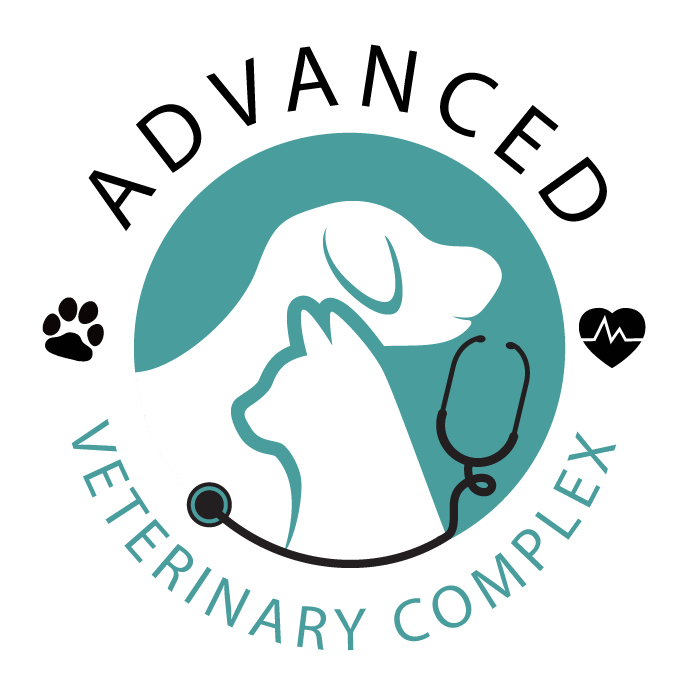Frequently Asked Questions
Here are some questions/answers that we are frequently asked. If you have additional questions that aren't covered here, please feel free to give us a call at (410)833-0500.
- What are the Hospital hours?
Our hospital is open 6 days a week from 7:00am-6:00pm. Appointment hours are Monday through Saturday 8:00am-5:00pm. Holiday hours will vary, please call prior. We take emergency appointments as well 6 days a week Monday through Saturday 7:00am-5:00pm, please call first as we are not typically able to take walk-ins.
- Do I need to have an appointment?
Yes, patients are seen by appointment. Same day appointments may also be available, give us a call!
- What forms of payment do you accept?
Cash, Mastercard, Visa, American Express and Discover . We also accept Care Credit.
- Can I make payments?
Payments are required at the time of service.
- At what age can I have my pet spayed or neutered?
Spaying or neutering can be done at approximately 6 months of age. Your pet is given an exam prior to surgery to help determine whether your pet is healthy enough to undergo the surgical procedure. Current vaccinations are required at the time of surgery. Also a pre-anesthetic blood screen is recommended prior to undergoing anesthesia and surgery.
- What is the pre-anesthetic blood screening?
This is a blood test that is run here in the clinic prior to surgery. It tests the organ functions, blood counts and clotting function of your pet. The pre-anesthetic blood screening is done to assure safety during surgery and the ability to heal following surgery.
- How long do the sutures stay in after my pet's surgery?
Procedures involving sutures require them to be removed in 14 days following the surgery.
- Is it a good idea to let my pet have at least one litter?
No, there is no advantage to letting your pet have one litter. However there are plenty of advantages to having your pet spayed or neutered. These advantages include decreasing the chances of breast tumors later in life, decreasing the chance of cystic ovaries and uterine infections later in life, decreasing the desire to roam the neighborhood, decreasing the incidence of prostate cancer later in life, helping prevent spraying and marking, and also decreases the surplus of unwanted puppies and kittens.
- Do you board pets?
Yes, we do boarding for our clients. We have boarding space for both dogs and cats. Please call at your earliest convenience to assure space is available.
- What are your kennels like?
Our dog kennels are all indoor. The dogs are walked 3 times daily while they are boarding. The cat boarders are housed in a separate area away from the dogs. Blankets and food are provided for our boarders, but you are always welcome to provide your own food for patients with special dietary needs.
| 




